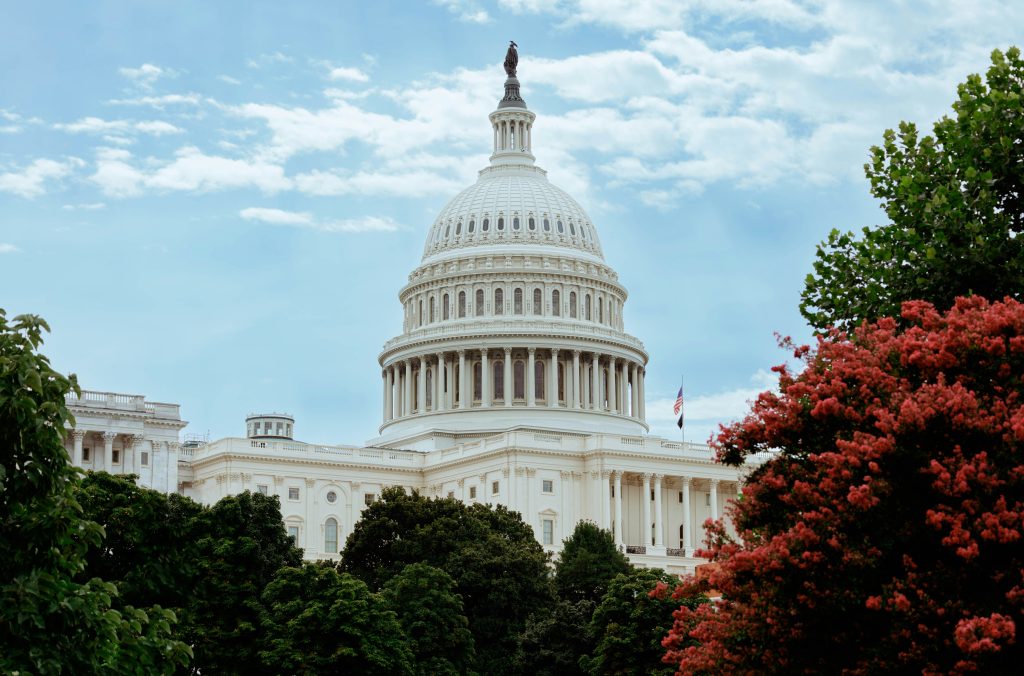2024 Vice Presidential Debate: A Glimpse into the Future of American Politics
In a political climate characterized by heightened tensions and fervent debates, the 2024 Vice Presidential Debate emerged as a significant event, showcasing contrasting visions for the future of America. The debate, held recently, featured spirited exchanges between the candidates, drawing attention from across the nation. While the audience was substantial, it fell short of the viewership numbers from previous election cycles, prompting questions about the evolving nature of political engagement in a digital age.
The evening culminated in a pivotal moment that resonated with viewers—an intense discussion surrounding economic policies, immigration reform, and reproductive rights. Candidates JD Vance and Tim Walz launched pointed critiques at the current administration’s strategies, particularly targeting Vice President Kamala Harris and former President Donald Trump’s policy proposals. This exchange not only highlighted the candidates’ differing approaches but also underscored the stakes of the upcoming election.
Political analysts noted that while vice presidential debates traditionally play a secondary role in influencing electoral outcomes, this year’s debate offered critical insights into the candidates’ positions and the overall political landscape. As the nation grapples with pressing issues, the candidates’ responses and proposals may sway undecided voters and galvanize their respective bases.
The debate also sparked discussions about the potential impact of vice presidential candidates on the broader election narrative. Historically, these debates have served as a platform for candidates to showcase their readiness to assume higher office, yet there remains skepticism about their ultimate influence on the election. Some political observers contend that while vice presidential candidates may not fundamentally alter the course of an election, they can nonetheless provide a window into the priorities and philosophies of the main party candidates.
As the election season heats up, the debates are sure to play a crucial role in shaping public perception and voter sentiment. The contrasting styles and strategies displayed by Vance and Walz reflected the larger ideological divisions within the electorate, revealing a nation at a crossroads.
Looking ahead, the importance of engaging voters through dynamic and informative debates cannot be overstated. As the candidates prepare for future face-offs, they must navigate a landscape increasingly defined by social media and rapid information dissemination. The 2024 Vice Presidential Debate served as a reminder that while the medium may change, the core of political discourse remains deeply rooted in the candidates’ ability to connect with the electorate and articulate their visions for the future.
As we analyze the implications of this debate, it is evident that the outcomes will resonate beyond the immediate election cycle. The conversations initiated during these debates are likely to shape political discourse for years to come, influencing the strategies of future candidates and the expectations of voters. As the nation moves closer to the polls, the discourse surrounding economic stability, social justice, and governance will undoubtedly intensify, making it imperative for candidates to remain engaged and responsive to the needs of their constituents.
Tags: 2024 election, Economic Policies, Political Discourse, Vice Presidential Debate, voter engagement, VP debate
Technical Glitches Overshadow Trump-Musk Interview Amid Cyberattack Claims
In a highly anticipated interview between tech billionaire Elon Musk and former President Donald Trump, the event fell short of expectations as technical difficulties plagued the discussion. The interview, streamed on X, was intended to provide insight into Trump’s campaign and Musk’s views on various issues, but instead became a focal point for controversy and speculation.
Musk, known for his ambitious ventures in technology and space, took to social media to express his frustration over the interruptions. He attributed the technical glitches to a distributed denial-of-service (DDoS) attack, a cyber assault designed to overwhelm servers and disrupt service. However, experts have cast doubt on Musk’s claims, suggesting that the issues may have stemmed from other technical failures rather than a coordinated cyber attack.
The interview itself, while featuring familiar talking points from Trump, did not offer any groundbreaking news or revelations. Instead, it felt like a rehash of past discussions, leaving viewers wanting more substance. Many tuned in hoping for a dynamic exchange of ideas, but instead were met with an awkward situation as audio issues prevented a seamless conversation.
Despite the setbacks, Musk’s endorsement of Trump was clear, indicating a continued alignment between the tech mogul and the former president. The interview was meant to showcase Trump’s views as he campaigns for the Republican nomination, but the technical issues shifted the focus away from the content of the discussion to the chaos surrounding it.
As the online world continues to grapple with the implications of cybersecurity threats, this incident highlights the fragility of live-streamed events in the digital age. The reliance on technology for communication has never been more pronounced, and the potential for disruption is a growing concern for public figures and organizations alike.
In summary, while the Trump-Musk interview aimed to provide a platform for political discourse, it instead became a case study in the challenges of modern communication. As viewers reflect on the event, questions remain about the impact of technical issues on public discussions and the role of cyber threats in shaping our digital interactions.
Tags: cybersecurity, DDoS attack, live interview, Political Discourse, Trump Musk, Trump Musk interview
Jesse Ventura Stands Up for Governor Tim Walz Amid Republican Attacks
In a bold defense of Minnesota’s current leadership, former Governor Jesse Ventura has publicly supported Governor Tim Walz against a wave of criticism from Republican Senator JD Vance. The controversy erupted following Vance’s disparaging remarks about Walz’s military service, which have raised questions about the integrity of political discourse in today’s climate. Ventura, known for his independent stance and military background, did not hold back in his condemnation of Vance’s comments, labeling them as ‘despicable’.
During a recent interview, Ventura expressed his strong disapproval of Vance’s attacks, emphasizing the importance of respecting the service of veterans and the sacrifices they have made for the country. ‘To undermine a person’s military service for political gain is not only unfair but also an affront to all those who have served,’ Ventura stated. This sentiment resonated with many as it reflects a broader frustration with the politicization of military service in electoral campaigns.
Ventura’s remarks come at a crucial time as Governor Walz, who has recently been selected by Vice President Kamala Harris as her running mate for the upcoming presidential election, finds himself under scrutiny from opponents. Ventura praised Walz for his leadership and commitment to serving the people of Minnesota, noting that he has reached out to him for guidance amidst the current political turbulence.
The former governor’s advocacy for Walz is particularly significant given the context of a polarized political landscape, where attacks and counterattacks have become commonplace. Ventura’s willingness to speak out not only highlights the importance of solidarity among those who have served but also serves as a reminder of the values that should underpin political dialogue.
As the election approaches, the stakes are high, and Ventura’s involvement could galvanize support for Walz among independent voters who are disillusioned with traditional party politics.
In a landscape often dominated by partisan bickering, Ventura’s call for respect and integrity in political discourse is a refreshing reminder of the higher standards to which public figures should be held. As the political arena continues to heat up, it will be crucial for candidates to focus on substantive issues rather than resorting to personal attacks that detract from the core values of democracy.
In summary, Jesse Ventura’s defense of Governor Tim Walz serves as a critical reminder of the need for mutual respect among political opponents, especially when it comes to matters of military service. As both men navigate the challenges of their respective roles, their commitment to honor and integrity may inspire a more respectful political discourse moving forward.
Tags: JD Vance, Jesse Ventura, Military Service, Political Discourse, Tim Walz



